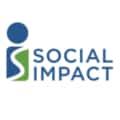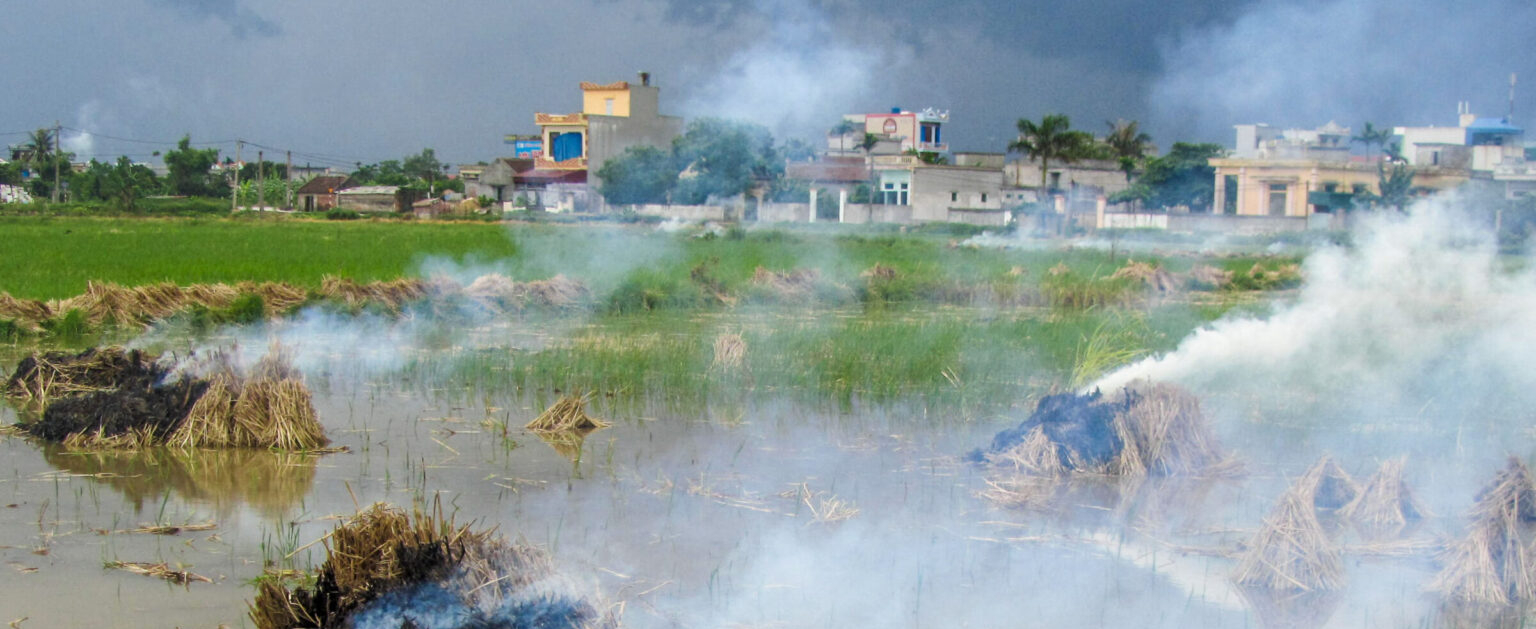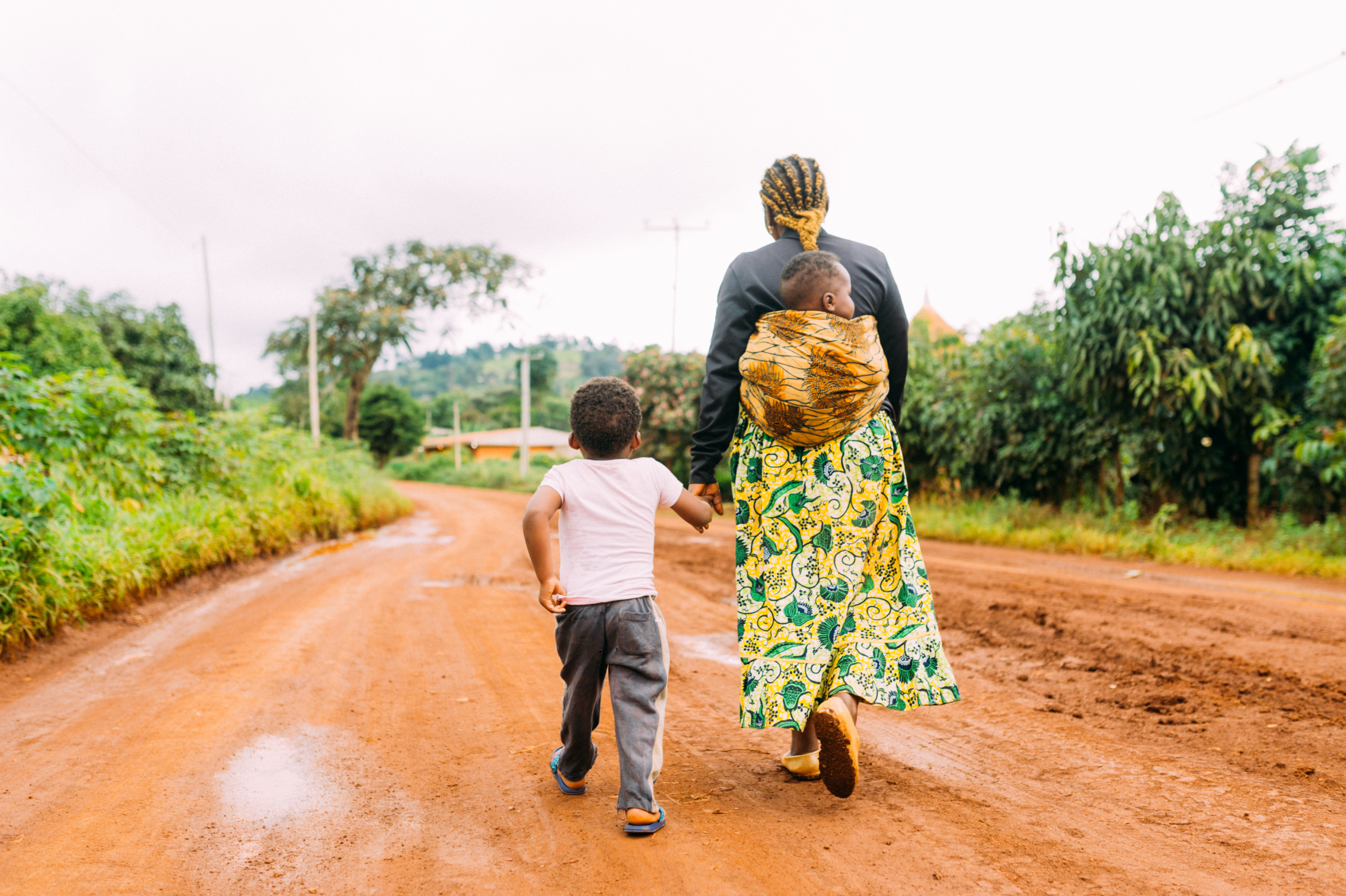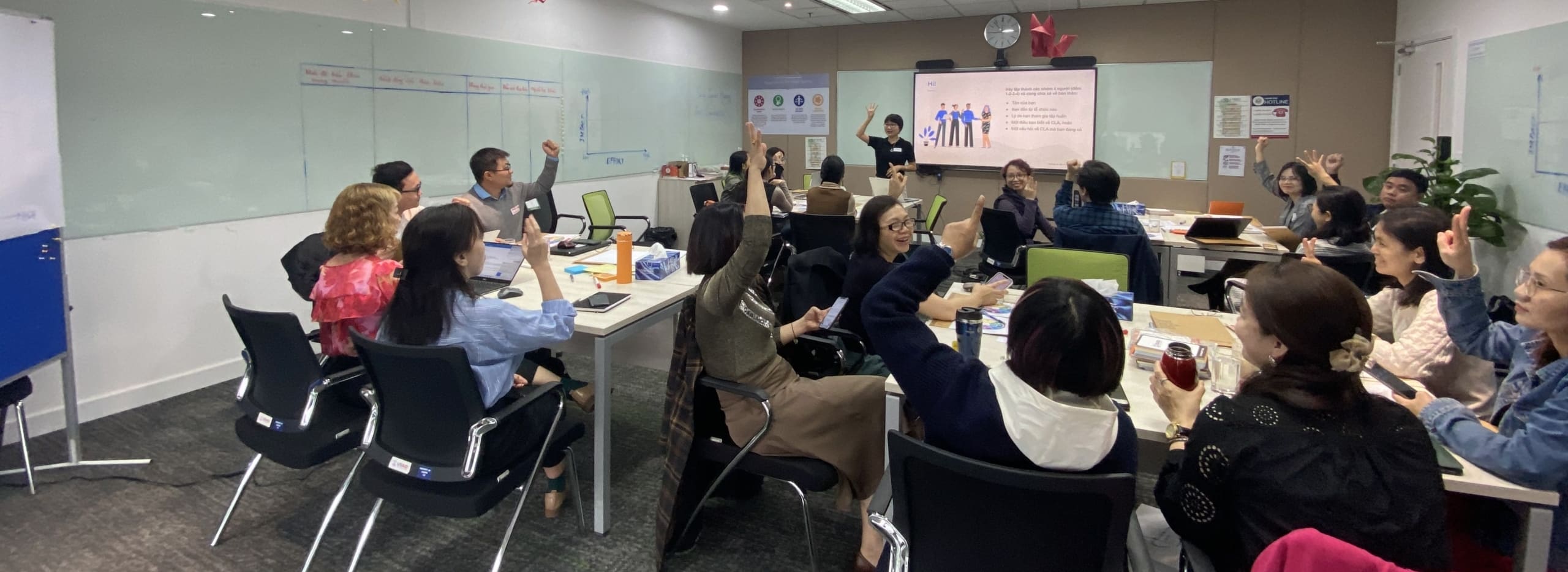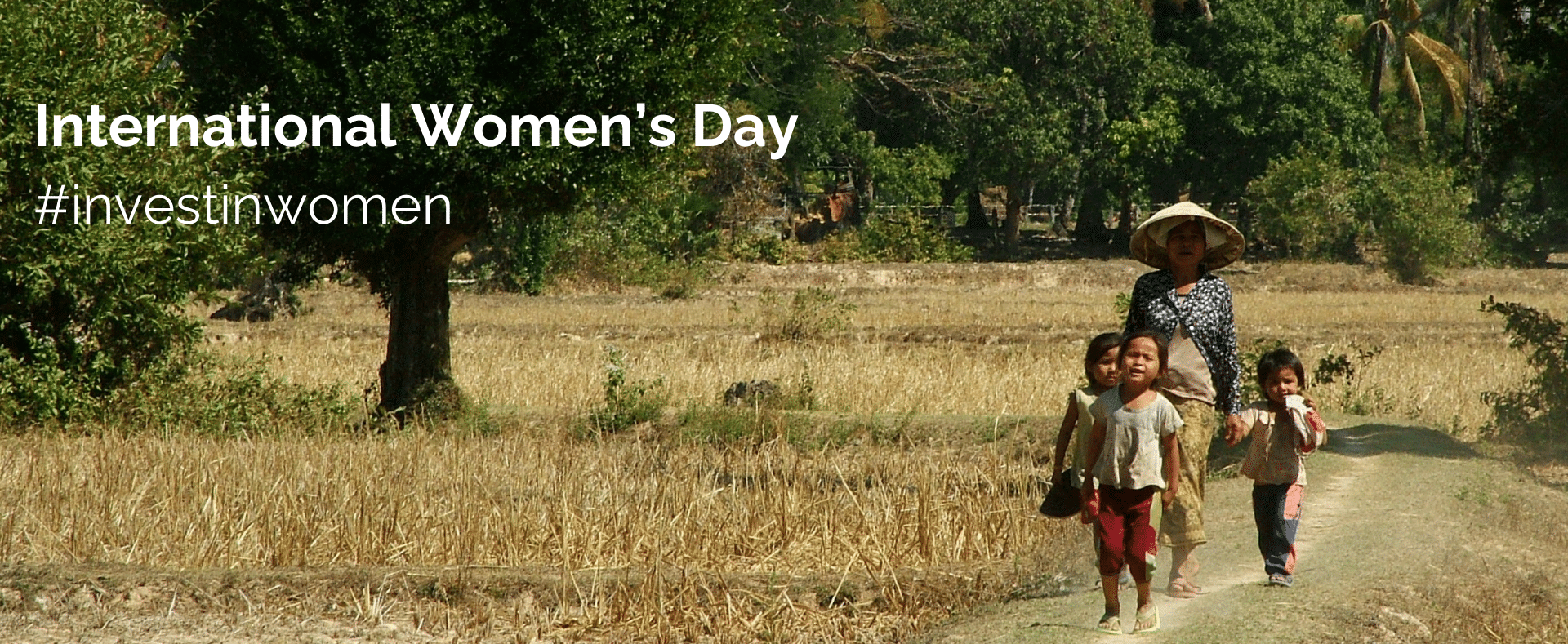According to the UNHCR as of 2017, there were 25.4 million refugees around the world – the highest ever recorded. NGOs, international organizations, and donors are working to provide food, shelter, education, healthcare, resettlement services, and protection to these vulnerable populations. Evaluations of such programs provide critical information about what works, what doesn’t, and what can be improved to effectively assist refugees. Over the past decade, SI has conducted a series of evaluations for the U.S. Department of State Bureau of Population, Refugees, and Migration (PRM) that build this evidence base and underscore the need for continued funding for refugee assistance.
Highlights of our work
Evaluation of Gender-Based Violence Prevention Programs with Refugees in Chad, Malaysia, and Uganda: SI conducted a comprehensive desk review and field-based evaluations of GBV prevention programming supported by PRM and UNHCR in Chad, Malaysia, and Uganda. SI developed indicators to measure program impact, identified best practices for engaging men and boys in GBV prevention, and designed checklists for international organizations and NGOs to monitor programs in the field.
Evaluating Livelihoods Programs for Refugees and Refugee Returnees in Burundi and Ethiopia: SI examined the appropriateness and effectiveness of livelihoods programs funded by PRM for refugees in Ethiopia and returned refugees in Burundi. SI’s synthesis report provided guidance and learning to support the design and implementation of livelihoods programs that increase the self-reliance of these vulnerable groups.
Evaluating Shelter, Health, and Education Programs for Syrian Refugees: SI evaluated the effectiveness of PRM-funded shelter, health, and education programs for Syrian refugees in Jordan, Turkey, and Lebanon. SI’s evaluation identified major results, problems encountered, and notable successes. SI provided actionable recommendations to influence funding decisions and diplomatic engagement, inform program monitoring efforts, and enable PRM partners to increase their impact.
Preventing Potential Staff Malfeasance at Resettlement Support Centers: SI examined the steps involved in refugee processing at Resettlement Support Centers funded by PRM. Based on its case study evaluations in Ecuador, Jordan, Kenya, and Turkey, SI noted measures taken by the Centers to prevent internal malfeasance. SI also identified areas where prevention could be strengthened, as well as the extent to which refugees understand procedures for preventing and responding to malfeasance.
Evaluating Regional Migration Program Models: This evaluation highlighted achievements and unintended consequences of refugee assistance programs implemented by the International Organization for Migration with funding from PRM. SI analyzed monitoring and performance data, conducted an online survey, and completed nearly 300 interviews in the Horn of Africa and Mesoamerica. Insights provided by SI prompted PRM to alter its international migration assistance program.
Evaluation of Assistance for Internally Displaced Persons (IDPs) in Ukraine: SI evaluated the effectiveness of PRM’s multilateral partners in preparing IDPs for their eventual transition to local integration. The evaluation assessed on-the-ground realities for IDPs in Ukraine, including their access to services and engagement in program design and implementation.

